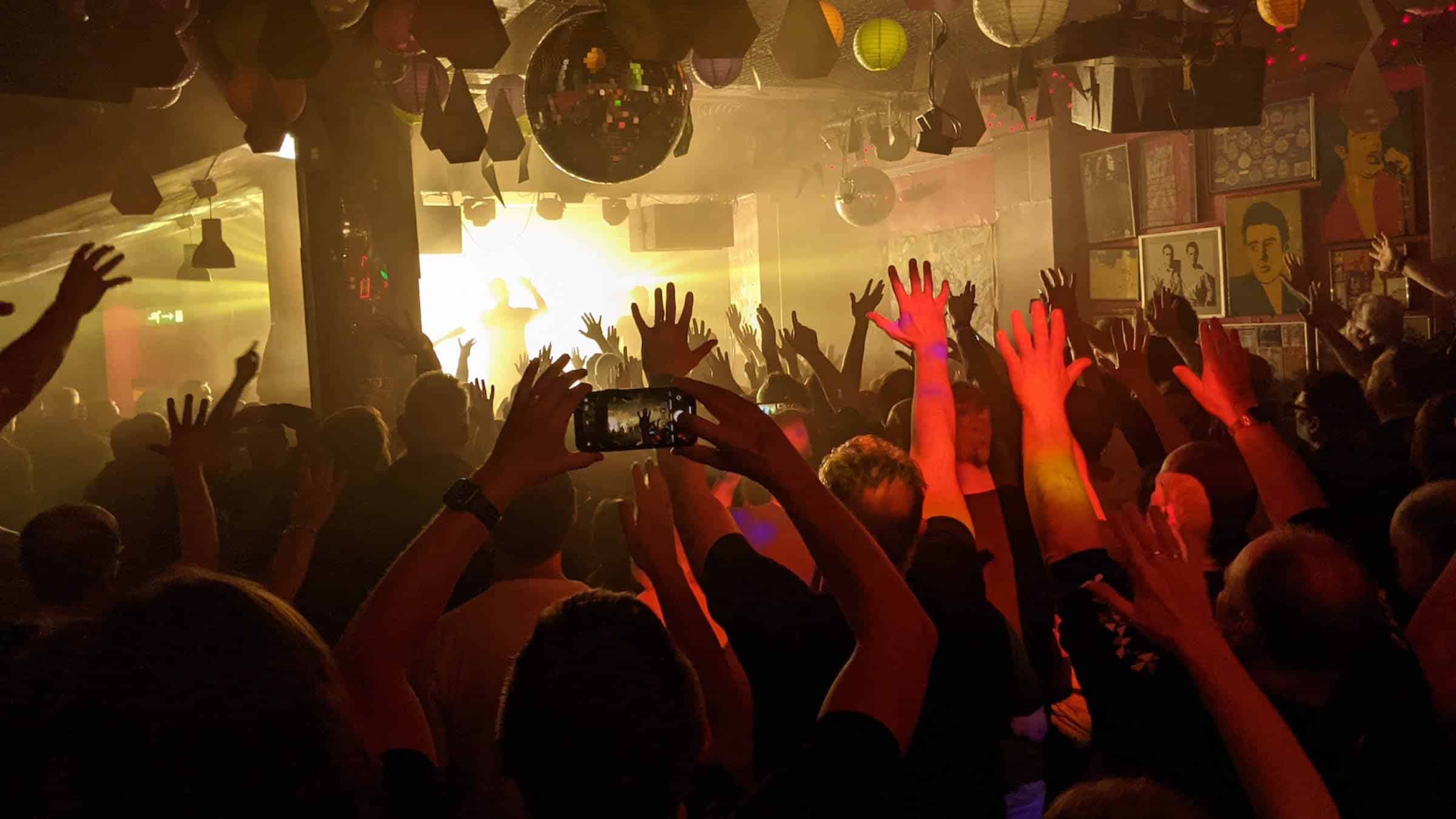Grassroots UK music venues are “struggling to survive” in the post-pandemic economy

Music Venue Trust (MVT), a charity to protect, secure, and improve grassroots music venue circuits with almost 1,000 venues across the UK, has released a report detailing that live music has still not returned to its pre-pandemic levels. Venues are operating on “razor-thin margins” and “struggling to survive” according to the 2022 annual report. Grassroots live music venues have seen an average of 16.9% less shows per year compared to 2019, before the pandemic had started.
As venues began to close in 2020, the arts and entertainment sector significantly struggled as close-contact gigs increased the risk of spreading Covid-19. As a result, venues are still facing the brunt of the government’s lack of funding in 2023, as audience numbers are down by 11% on average expenditure. Grassroots venues increased their audience numbers by 40%, which is a contribution to the economy totalling £500 million.
MVT reports that numerous factors have contributed to this decrease in independent music venue attendance, with one being inflation when it comes to ticket prices. In a shocking rise, the average cost of a gig ticket has increased by 24.7% since 2019.
In a detailed report by NME, it was revealed that MVT CEO Mark Davyd appealed to the government for essential funding, making the case by stating, “every £10 spent in a grassroots music venue leads to £17 spent elsewhere in the night-time economy. If you want to get this economy moving, you’ve got to break down the cost.”
“We’re operating on a 0.2% profit margin with about £1 million in profit being made – that’s on £133 million of tickets,” said Davyd. “They’re spending £212 million on live music, and losing £79 million promoting new artists, emerging talent, and investing in our communities. That can’t go on,” he added.
Operating throughout London, Manchester, Sheffield, and York predominantly, Davyd argues that “Co-Op Live in Manchester will be a 23,500 capacity venue due to open later this year or early next year. It has no plan at all to invest in the grassroots venues that are going to create the artists that will fill that stage in 10 years’ time. That is not good enough.”
“I’m telling Andy Burnham, I’m telling Manchester MPs, I’m telling Manchester City Council: you should not grant a licence for that venue to open if it can’t work out how to put money back into the grassroots system from which the artists it relies on are being produced,” he tells MPs. His appeal includes rethinking the eight new arenas currently being planned for the UK, from Manchester’s Co-Op Arena to London’s MSG Sphere, the latter of which has already been described as an eyesore by the public.
He continued by criticising the VAT for live music ticket sales, saying the 20% was “crushing” for “new British talent”. “If you want people to create new products, new British intellectual property rights… then what are you taxing them at source for? That makes no sense,” he said.
In a bid to promote live music venues and independent artists for a decent future for the gig industry, he ends by saying, “the distribution of wealth in this industry has got to change and be sustainable for grassroots or we are all heading down over the cliff. You’re coming with us, you’re chained to us, don’t leave us dangling, come and support us.”

